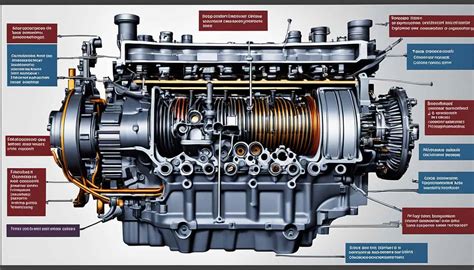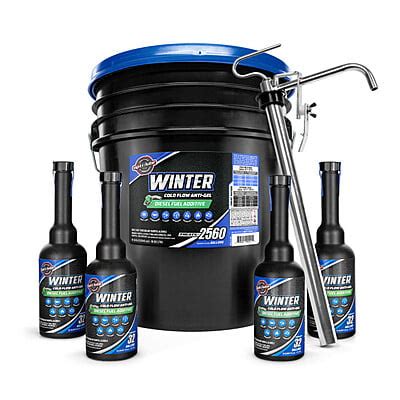Understanding Diesel Gelling and the Need for Winter Additives
As temperatures plummet during the winter months, diesel engine owners face a unique and frustrating challenge: fuel gelling. Diesel fuel contains paraffin wax, which is a crucial component for its energy content. However, in cold conditions, this wax begins to crystallize, causing the fuel to become cloudy (reaching its cloud point) and eventually thicken into a gel-like substance (reaching its pour point). This gelling process can clog fuel filters, restrict fuel flow, and ultimately prevent your engine from starting or running.
Preventing gelling is paramount for reliable vehicle operation in winter, and this is where winter diesel additives come into play. These specialized formulations are designed to modify the wax crystals, allowing them to remain small and dispersed, even in freezing temperatures, thus ensuring the fuel continues to flow freely.
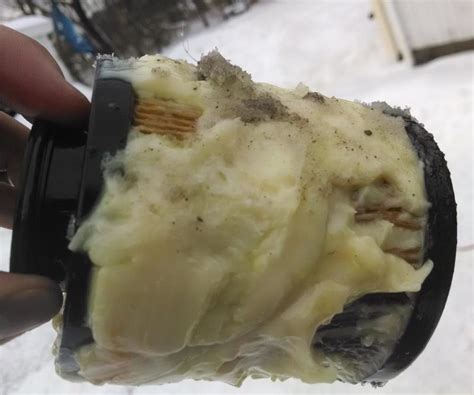
How Winter Diesel Additives Work Their Magic
The primary function of a winter diesel additive, often referred to as an anti-gel, is to lower the fuel’s pour point. They achieve this by containing wax anti-settling agents and cold flow improvers. When added to diesel fuel, these chemicals interact with the paraffin wax crystals as they begin to form, preventing them from growing large enough to coalesce and create a gel. Instead, the wax crystals remain finely dispersed, small enough to pass through fuel filters and injection systems without issue.
Many modern winter diesel additives also offer additional benefits beyond just gelling prevention. These can include cetane boosting for improved cold starting and combustion, lubricity enhancers to protect fuel system components, and water dispersants to combat moisture accumulation.
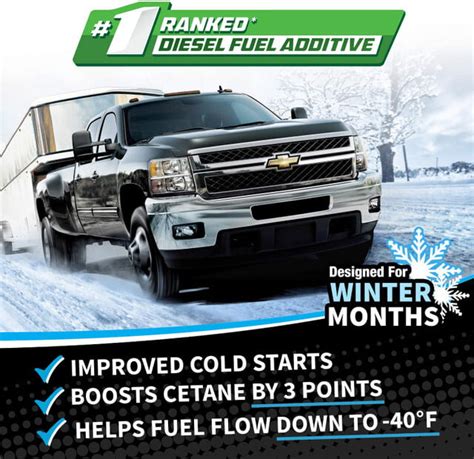
Top Winter Diesel Additives for Gelling Prevention
While many excellent products are available, some brands consistently receive high marks for their effectiveness in preventing diesel gelling. Here are a few top contenders:
- Power Service Diesel Kleen + Cetane Boost (Winter Formula): This is a highly popular and widely available multi-functional additive. Its winter formula specifically targets gelling, lowers the cold filter plug point, and boosts cetane for easier cold starts. It also offers fuel system cleaning and lubricity.
- Howes Diesel Treat Anti-Gel: Known for its potent anti-gel properties, Howes Diesel Treat is designed to prevent gelling down to extreme temperatures. It also helps with water removal and provides lubrication. Many users swear by its effectiveness in very cold climates.
- Stanadyne Performance Formula (Winter 1000): Stanadyne is often recommended by OEMs and is a premium all-in-one additive. Its winter formula prevents fuel gelling, lowers the pour point, boosts cetane, cleans injectors, and provides superior lubricity, protecting delicate fuel system components.
- Opti-Lube Winter Blend: For those seeking maximum protection, Opti-Lube offers a powerful winter blend. It’s known for its significant pour point reduction, excellent lubricity, and cetane improvement, making it a favorite among heavy-duty users and those in extremely cold regions.

Choosing the Right Additive and Best Practices
When selecting a winter diesel additive, consider your local climate and the severity of the cold you expect. Most additives will specify the temperature range they are effective in. A multi-functional additive that offers cetane boost and lubricity alongside anti-gel properties provides the best overall protection and performance.
Beyond additives, a few best practices can further safeguard your diesel vehicle in winter:
- Keep Your Tank Full: A full fuel tank reduces condensation, which can lead to water in the fuel system and potential ice formation.
- Change Your Fuel Filter Regularly: A clean fuel filter is less prone to clogging from wax crystals, even if some gelling begins. Consider a fresh filter before winter starts.
- Consider a Block Heater: Pre-heating your engine and fuel can make a significant difference in cold starts and overall system readiness.
- Use Winter-Blended Diesel Fuel: Many fuel stations in cold regions switch to “winterized” diesel (often #1 diesel or a #1/#2 blend) which has a lower cloud point. However, an additive still provides an extra layer of security.
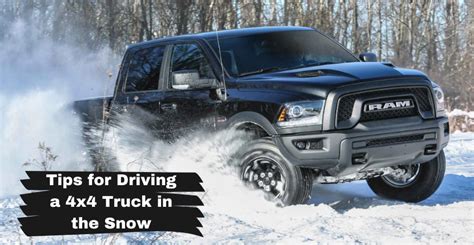
Conclusion: Stay Ahead of the Freeze
The best winter diesel additive is one that effectively prevents gelling in your specific climate conditions while potentially offering additional benefits like improved performance and fuel system protection. By understanding how these additives work and combining their use with other smart winterization strategies, you can ensure your diesel engine remains reliable and ready to go, no matter how low the thermometer drops. Don’t wait for the first hard freeze; proactive treatment is key to avoiding costly and inconvenient cold-weather breakdowns.
